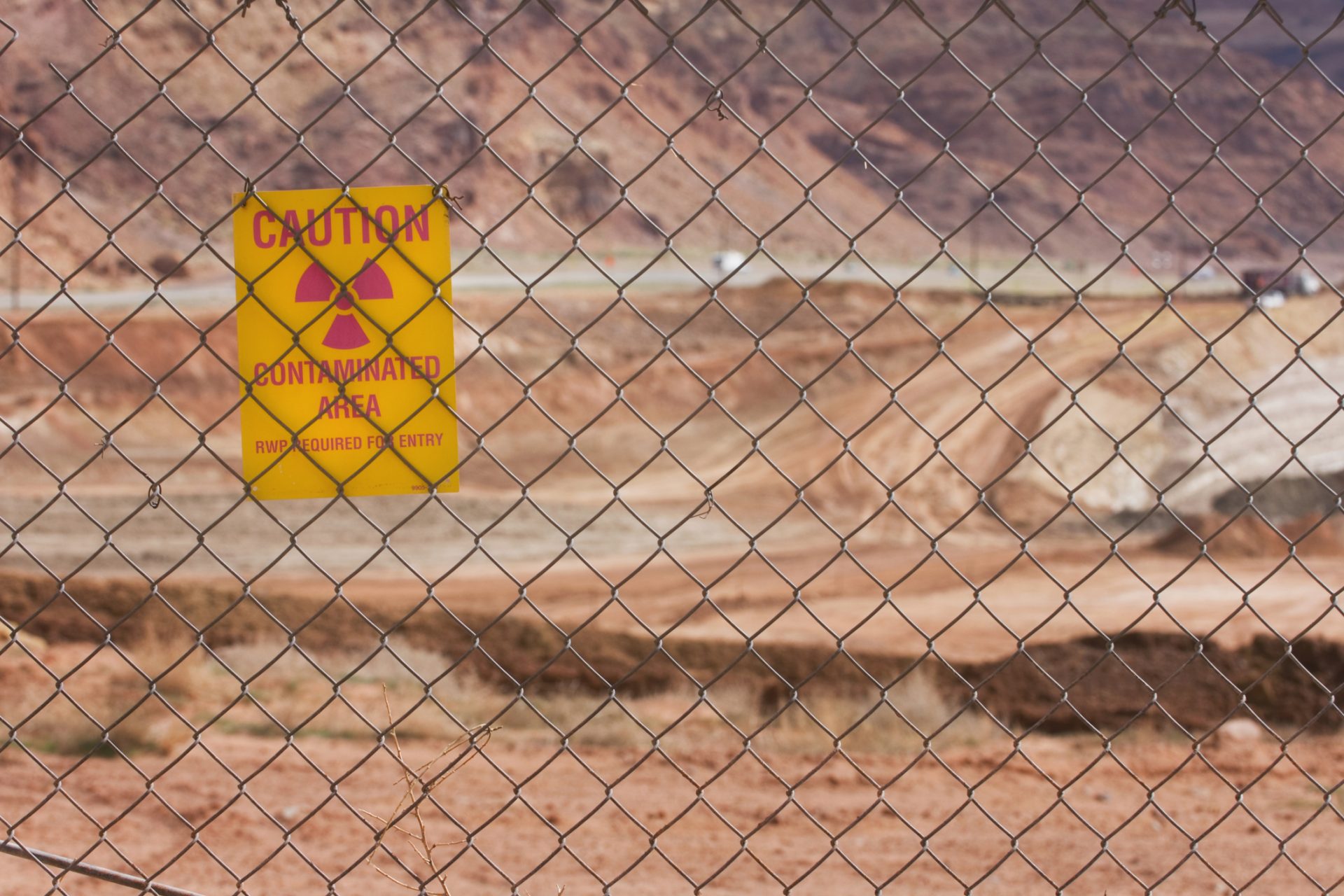Myanmar's Nobel Prize winner Aung San Suu Kyi granted house arrest
Burmese politician and human rights activist Aung San Suu Kyi has received a pardon of five out of 19 charges she had been indicted of. Once deemed as the democratic hope of Myanmar, she has been moved from jail to house arrest amid failing health.
According to Al Jazeera, she was partially pardoned by the Burmese government along with an amnesty to 7,000 prisoners to commemorate the Buddhist Lent.
The former Burmese head of government had been sentenced to least 26 years in prison by a court run by the same military leadership that Aung San Suu Kyi has been facing off for virtually her entire life.
Some experts argued that this was a ploy that could potentially make the Nobel Prize winner spend the rest of her life behind bars.
Pictured: Suu Kyi at The Hague in 2019.
The trial, which according to The Guardian was conducted without the presence of the public or the media, had her lawyers are barred from discussing the case. Amnesty defined the whole trial as 'absurd'.
“The days of Aung San Suu Kyi as a free woman are effectively over,” declared Phil Robert, deputy Asia director of Human Rights Watch, to The Guardian.
“Myanmar’s junta and the country’s kangaroo courts are walking in lockstep to put Aung San Suu Kyi away for what could ultimately be the equivalent of a life sentence, given her advanced age”, declared Robert.
The elderly Burmese politician was under house arrest since February 2021, after being ousted by a military coup as a result of her party winning the Myanmar general elections in November 2020. The Myanmar armed forces declared the elections fraudulent.
Protests have been going on and off in Myanmar since the military coup took over, with Al Jazeera reporting that by August 2023 more than 24,000 protestors have been arrested.
Some of the population that oppose the military junta have formed the People's Defense Force, described as the armed wing of the ousted democratically-elected government.
Her trial was heavily criticized by the international community. UN Human Rights chief Michelle Bachelet denounced the November 2021 conviction as a politically-motivated “sham trial” that would only “deepen rejection of the coup” among the international community.
In February 2022, the European Union approved a new round of sanctions against the military junta that currently rules the country. The United States, the United Kingdom and Canada have followed suit.
Myanmar (known as Burma until 1989) is a southeast Asian country with a population of over 53 million people. A former British colony, since 1962 it has been mostly ruled by a series of military governments. Pictured is the landscape of Yangon, the nation's capital.
Suu Kyi is the daughter of Burmese revolutionary Aung San, a key figure in the country’s independence from the British in 1948. He was assassinated when she was two years old. Here you can see a statue of him in Yangon.
Aung San Suu Kyi studied and worked abroad before returning to Myanmar in 1988, amid mass protests known as the 8888 Uprising. Suu Kyi soon became one of the leaders of the pro-democracy movement in the country.
Her efforts earned Suu Kyi in 1991 the Nobel Peace Prize. The Nobel Committee honored her “unflagging efforts" and wished to "show its support for the many people throughout the world who are striving to attain democracy, human rights, and ethnic conciliation by peaceful means."
Multiparty elections, the first since the early 60s, were organized in 1990. Suu Kyi’s party, the National League for Democracy, won the majority vote, but the military rejected the results.
Instead of a democratic government, a new military junta formed to govern the country. Senior General Than Shwe started to preside the junta, officially known as State Peace and Development Council, and rule Myanmar from 1992 to 2011.
Suu Kyi was sporadically put under house arrest during this time, but she still worked on politics and met with people (whenever it was allowed) in her dilapidated lakeside house in Yangon. She was released in 2011.
The political landscape in Myanmar started to change in late 2010, when the military junta allowed the first elections in two decades. A new government, led by Thein Shein (pictured) and with the approval of the armed forces, took over.
The reforms put in place by the new government allowed Aung San Suu Kyi to travel abroad and finally give her Nobel acceptance speech 20 years after getting the award.
She also received the United States Congressional Gold Medal and met with president Barack Obama, among other personalities around the world, in 2012.
It wasn't surprising when Suu Kyi became the leader of Myanmar in 2016, after her party won over two thirds of the country’s legislature.
However, it was hardly the end of her story.
Violence from the military against the Rohingya, a Muslim minority in the Buddhist-majority nation, continued under her government, despite international condemnation.
Fellow Nobel Peace Prize winners such as the Dalai Lama and Archbishop Desmond Tutu criticized Suu Kyi's silence. "Her halo has even slipped among foreign human-rights lobbyists, disappointed at her failure to make a clear stand on behalf of the Rohingya minority," wrote The Economist in 2017.
A 2018 UN fact-checking mission accused the Myanmar armed forces of crimes against humanity. The report singled out Suu Kyi for not using "her de facto position as Head of Government, nor her moral authority, to stem or prevent the unfolding events."
Aung San Suu Kyi rejected these allegations and defended the Myanmar military to the International Court of Justice in 2019. The New York Times described her as "a fallen patron saint who had made a Faustian pact with the generals."
Photo: Frank van Beek/ICJ
Despite international criticism, Suu Kyi's popularity continued in Myanmar. Her party won by a landslide in the 2020 general elections. However, the Burmese military denounced the results and launched a coup in February 2021.
Suu Kyi's future is likely defined by whatever direction Myanmar takes from now on. However, regardless of whether her supporters regain power, it is certain that the aura around her figure has been tarnished.
More for you
Top Stories










































